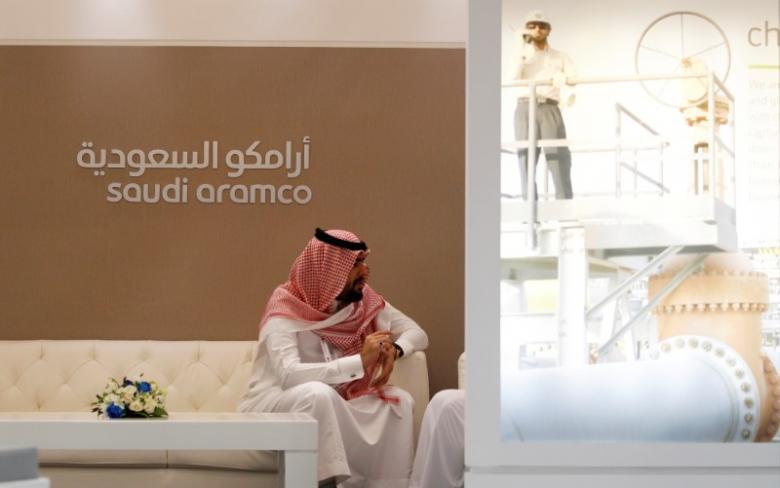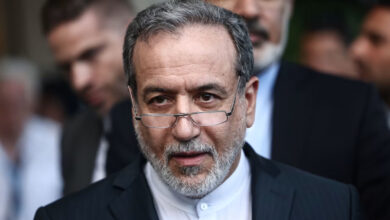
Saudi Arabia's decision to cut tax paid by national oil giant Saudi Aramco has increased its value by US$1 trillion, an analyst estimated on Tuesday ahead of Aramco's initial public offer of shares, expected to be the world's largest.
The government said on Monday it was cutting the tax rate for Aramco to 50 percent from 85 percent as part of preparations for next year's IPO, which would sell as much as 5 percent of the company.
"By drastically reducing the tax rate, more cash will go to the potential owners of Saudi Aramco compared to the government," said Espen Erlingsen, vice-president for analysis at Rystad Energy, an oil and gas consulting service based in Oslo and New York.
"Assuming long-term oil prices averaging US$75 per barrel, the valuation of the company increases from US$0.4 trillion to US$1.4 trillion," he said in a report.
That is good news for the Saudi government, which hopes to raise money to cover a $79 billion budget deficit and invest in new industries as it tries to diversify the economy in an era of low oil prices.
Deputy Crown Prince Mohammed bin Salman, who leads economic reforms, has said the IPO will value Aramco at a minimum of US$2 trillion. A number much smaller than that could jeopardize the offer and damage his own political position.
Erlingsen calculated Aramco's value based on discounted free cash flow for each oil field. Under the new tax rate, much of the company's payments to the government are expected to be in the form of dividends, not tax.
"The total value of Saudi Aramco's revenue after costs is around US$3.4 trillion. With the old tax system, around 88 percent of the value went to the government through taxes and royalties, while with the new system around 60 percent of the profit goes to the government," Erlingsen said.
He predicted oil prices would reach US$75 by the time of the IPO, which would be near the long-term price needed to justify the share prices of other large global oil companies.
Global consultants Sanford C. Bernstein & Co said in a report that since Aramco had not released detailed financial information, it was impossible to make a reliable estimate of its value.
But they said the size of Saudi oil reserves, larger than those of other oil companies, suggested Aramco could look cheap even at US$2 trillion – although that figure excluded factors such as political risks.
Using a different valuation method, enterprise value per flowing barrel, suggests a figure in the range of US$1 trillion to US$1.5 trillion, though the expected long life of Aramco's reserves compared with other companies means Aramco could command a premium to those numbers, Bernstein said.
Investment bank Tudor, Pickering, Holt & Co estimated a valuation of US$1.1 trillion for Aramco, assuming free cash flow of US$55 billion a year from its upstream operations.
(Reporting by Ron Bousso and Rania El Gamal; Writing by Andrew Torchia; Editing by Louise Heavens)




